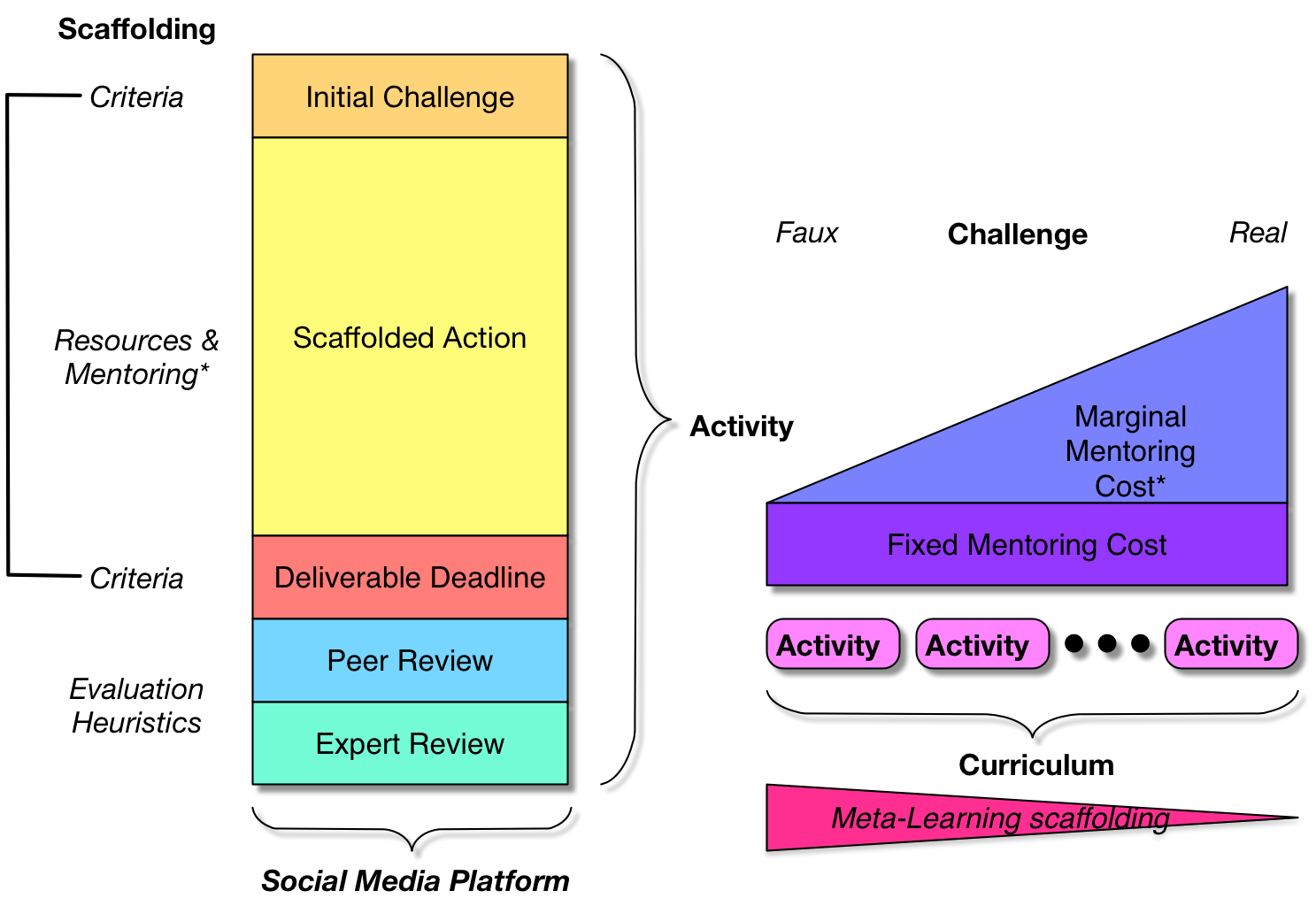One of the mantras of the Learning Organization is that there should be experimentation. This has also become, of course, a mantra of the Revolution as well. So the question becomes, what sort of experiments should we be considering?
First, for reasons both pragmatic and principled, these are more likely to be small experiments than large. On principled reasons, even large changes are probably better off implemented as small steps. On pragmatic reasons, small changes can be built upon or abandoned as outcomes warrant. These small changes have colloquially been labeled ‘trojan mice‘, a cute way to capture the notion of change via small incursions.
The open question, then, is what sort of trojan mice might be helpful in advancing the revolution? We might think of them in each of the areas of change: formal, performance support, social, culture, etc. What are some ideas?
In formal, we might, for one, push back on taking orders. For instance, we might start asking about measures that any initiatives will be intended to address. We could also look to implementing some of the Serious eLearning Manifesto ideas. Small steps to better learning design.
For performance support, one of the first small steps might be to even do performance support, if you aren’t already. If you are, maybe look to broadening the media you use (experiment with a video, an annotated sequence of pictures, or an ebook). Or maybe try creating a portal that is user-focused, not business-silo structured.
In the social area, you might first have to pilot an exterior social network if there isn’t one. If there is, you might start hosting activities within it. A ‘share your learning lunch’ might be a fun way to talk about things, and bring out meta-learning. Certainly, you could start instituting the use within L&D.
And with culture, you might start encouraging people to share how they work; what resources they use. Maybe film the top performers in a group giving a minute or two talk on how they do what they do. It’d be great if you could get some of the leadership to start sharing, and maybe do a survey of what your culture actually is.
The list goes on: in tech you might try some microlearning, a mobile experiment, or considering a content model (ok, not actually build one, that’s a big step ;). In strategy, you might start gathering data about what the overall organization goals are, or what initiatives in infrastructure have been taken elsewhere in the org or are being contemplated.
The point is to start taking some small steps. So, I’m curious, what small steps have you tried, or what ones might you think of and suggest?

